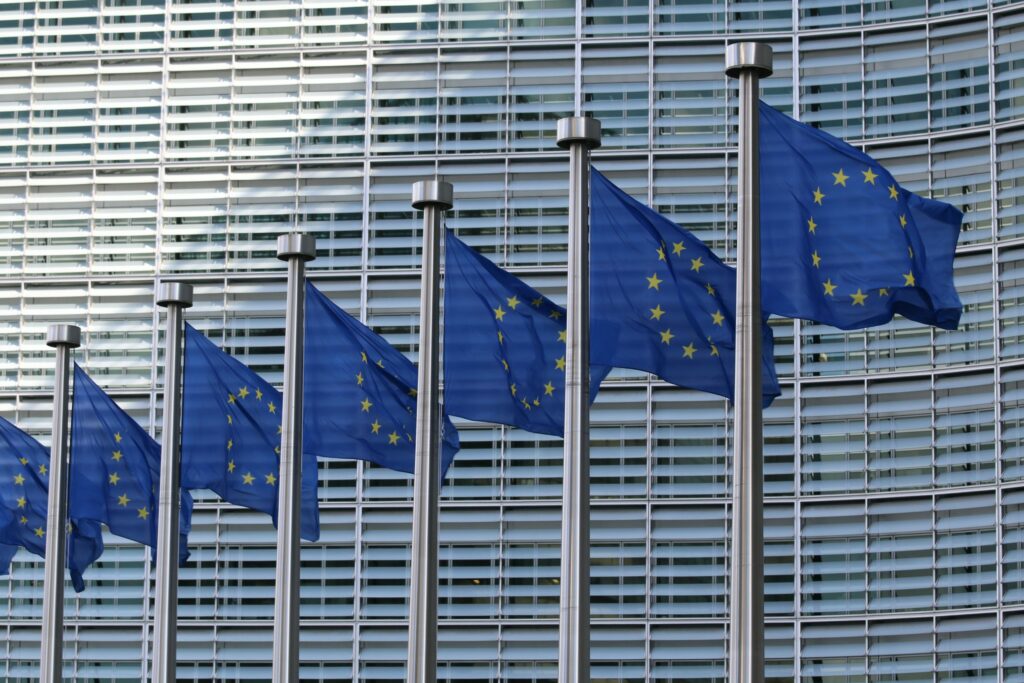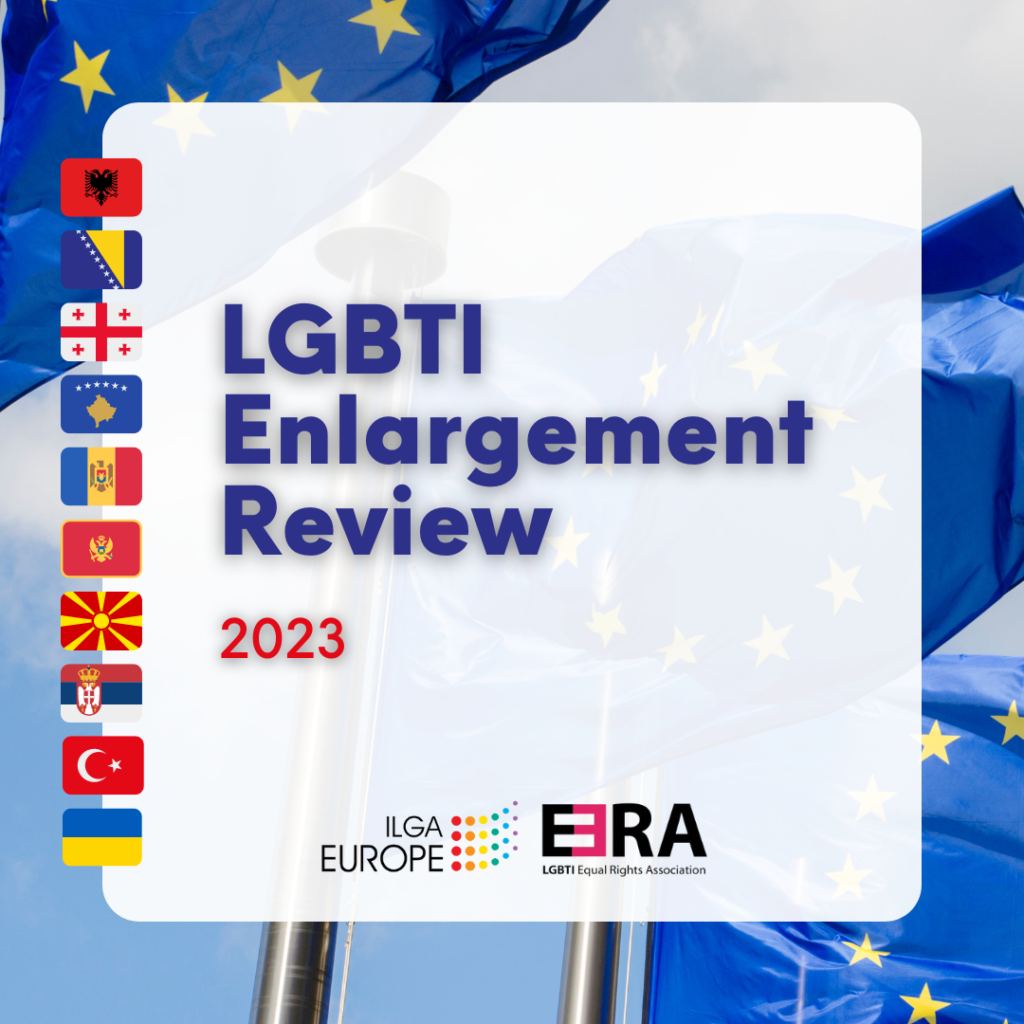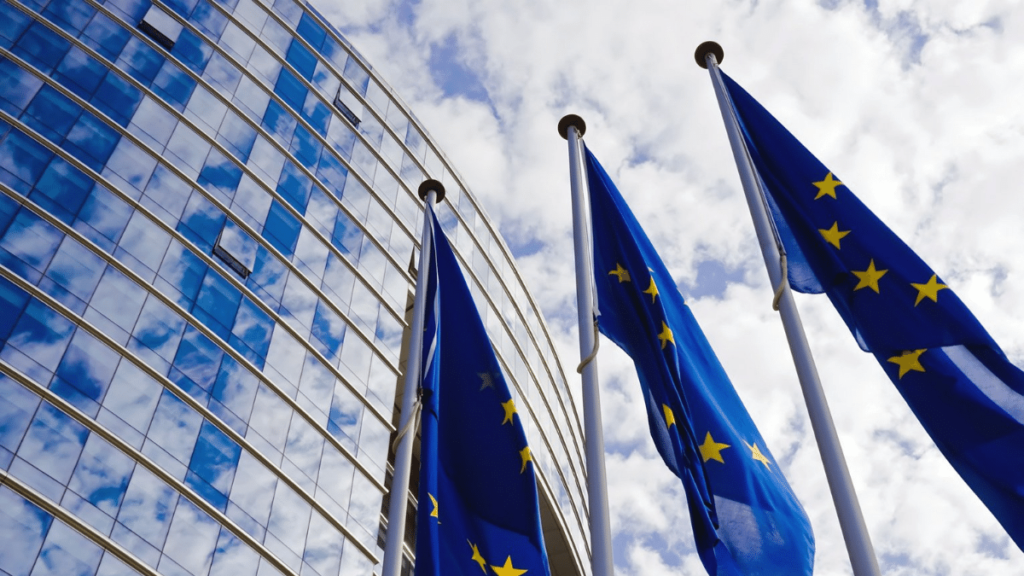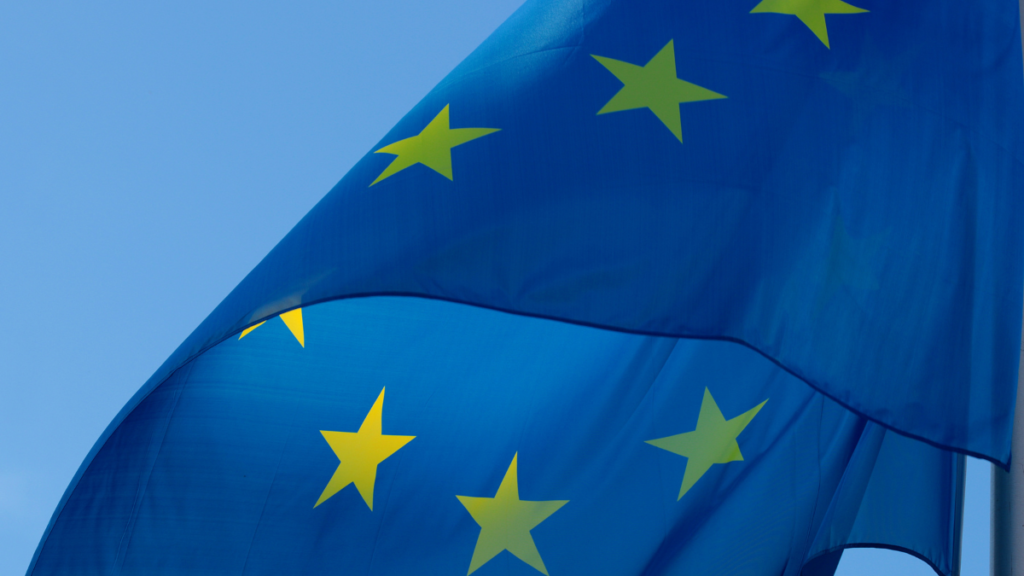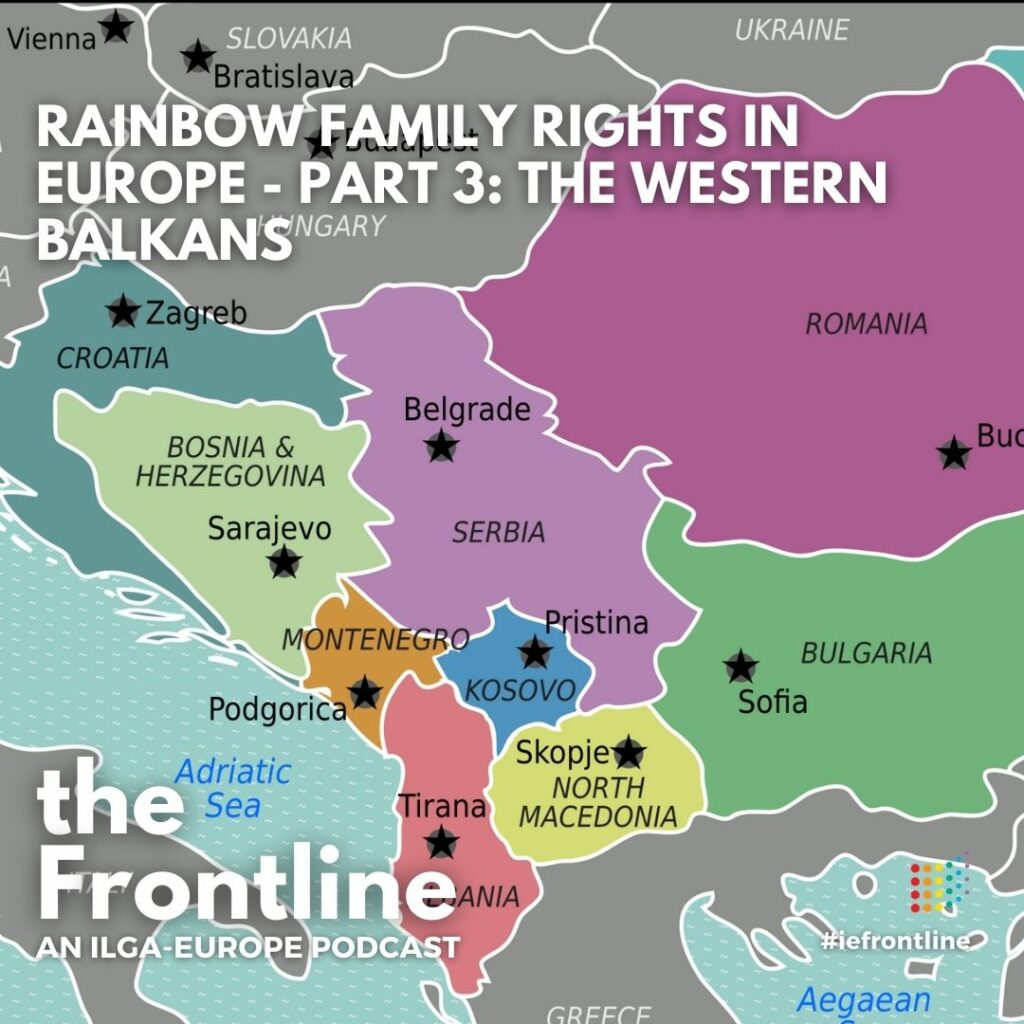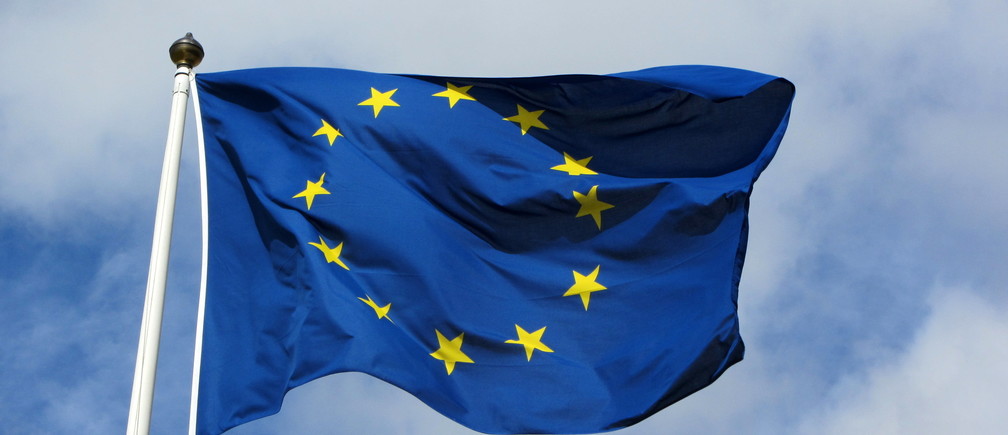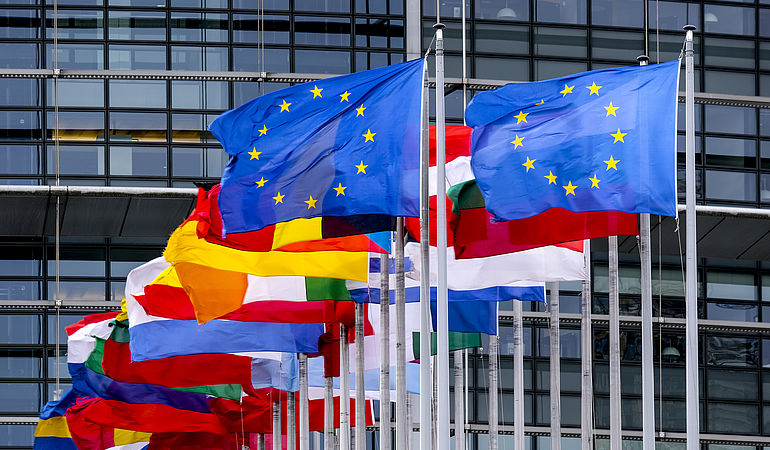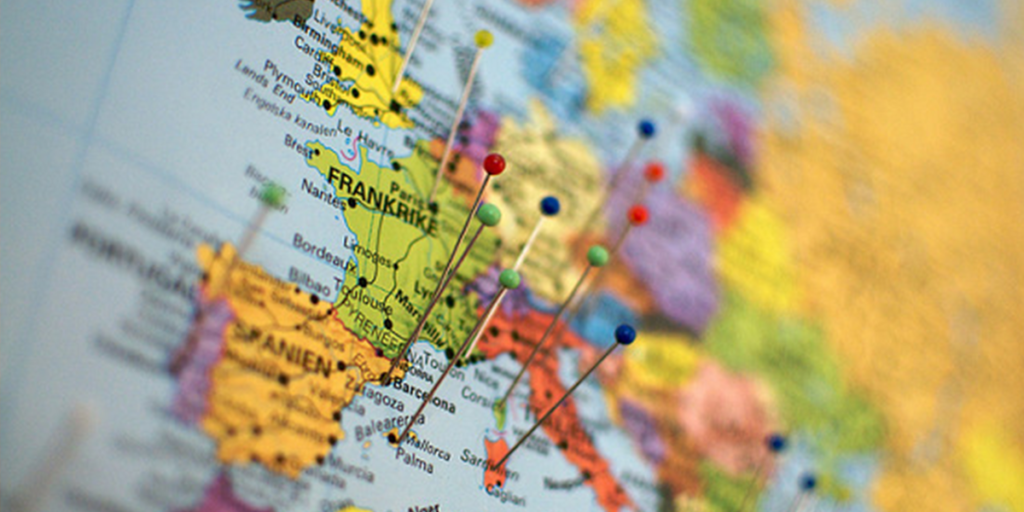Bosnia and Herzegovina
Categories Score
The full bar chart stands for 100%, and is filled by the country category score. The colour display uses the traffic light palette, with Green representing a score closer to 100% and Red a score closer to 0%.
ASYLUM
This category looks into laws that expressly include SOGISC as a qualification criteria for seeking asylum. We also take into account other legislation, policies, instruction or positive measures by state actors that are related to asylum addressing the needs and rights of LGBTI asylum seekers and refugees.
Criteria Compliance Ratio
Each pie charts stands for a category and is divided in slices by criteria. When a country complies with a criteria – fully or in some regions – the slice is coloured.
Keep in mind the criteria have different weighting factor within a category; for example, the criteria Prohibition of medical intervention without informed consent (intersex) stands for half (2.5%) of the INTERSEX BODILY INTEGRITY category weighting factor (5%). Meaning that even if a country can only comply with this specific criteria within the category (1/4 total criteria) the category scores 50%.
More information on the categories and criteria weighting factors here.
Category & Criteria Table
The table lists detailed information and insights on legislation supporting each criterion status. Please use the filters for in-depth analysis.
n/a = not applicable, meaning the criteria didn’t exist in the previous Rainbow Map edition (PROGRESSION column)
- Complies
- Applicable in some regions only
- Does not Comply
RECOMMENDATIONS
In order to improve the legal and policy situation of LGBTI people in Bosnia and Herzegovina, ILGA-Europe recommend:
- Adopting comprehensive legal measures to recognise and protect same-sex couples, such as registered partnership.
- Removing obstacles to the effective exercise of freedom of assembly for LGBTI organisations.
- Reforming the legal framework for legal gender recognition to be fair and transparent, based on a process of self-determination and free from abusive requirements (such as sterilisation, GID/medical diagnosis, or surgical/medical intervention).
Annual Review of Bosnia and Herzegovina
In our Annual Review of the Human Rights Situation of LGBTI People in Europe and Central Asia, we examine the advances made and provide concrete examples of on-the-ground situations at national level country-by-country in the 12 months from January to December 2024.
Read our Annual Review of Bosnia and Herzegovina below for more details and stories behind the Rainbow Map. You can also download the Annual Review chapter (.pdf) covering Bosnia and Herzegovina.
-
Throughout the year, 11 cases of hate speech based on SOGIESC were documented by the Sarajevo Open Centre (SOC). Out of these, four were related to pre-election hate speech that targeted the LGBTI community. One of the most notable cases involved the Central Election Commission fining Milorad Dodik, the President of the Republika Srpska (RS), for hate speech directed against the LGBTI community.
-
Throughout the year, eight instances of bias-motivated violence were documented by SOC, but only two of them were reported to the police/prosecutor’s office. Out of these 8 documented cases, two took place in educational settings.
-
Although the Law on Prohibition of Discrimination in Bosnia and Herzegovina already recognises sexual orientation, gender identity, and sex characteristics in national anti-discrimination provisions, its implementation is inconsistent at the entity, district, and canton levels, which have yet to align with state-level legislation. Civil society organisations have underscored the need for incorporating these national measures at the local level, stressing that while the state Action Plan to Improve the Human Rights and Fundamental Freedoms of LGBTI People in Bosnia and Herzegovina for the period 2021-2024 took effect in 2021, its formal adoption did not occur until the summer of 2022, resulting in a limited implementation timeline of less than 18 months.
Recognising the urgency of the situation and the challenge of achieving the plan’s goals within such a short period, the BiH Council of Ministers, upon the recommendation of the Ministry of Human Rights and Refugees, has extended the Action Plan’s implementation period to the end of 2025.
Enhancements to the judicial information system now allow for the comprehensive collection of data on discrimination cases within BiH courts, including details regarding the relationship between victims and perpetrators in instances of gender-based violence.
-
Same-sex partnerships still cannot be legally registered in the country. The Federal Ministry of Health is intentionally blocking the appointment of their expert as part of the Inter-Ministerial Working Group for drafting the Law on Same-Sex Partnership of the Federation of Bosnia and Herzegovina. This blockade has been ongoing since June 2023.
-
In June, Sarajevo hosted its fifth Pride march, with hundreds of participants marching through the city centre. The event saw the participation of Bosnian public figures and LGBTI rights advocates from abroad. No political or national symbols were allowed at the rally.
Emerging legal frameworks addressing freedom of assembly gained significant traction across multiple cantons in 2024. According to the cantonal governments, these new laws have been carefully aligned with international and European Union standards, underscoring a commitment to uphold global human rights principles. For instance, in September 2023, the Government of the Una-Sana Canton introduced the Draft Law on Freedom of Peaceful Assembly, which was formally adopted in January 2024. Similarly, the newly established Government of the Zenica-Doboj Canton oversaw the adoption of its own Law on Peaceful Assembly. Meanwhile, the Central Bosnia Canton is actively engaging the public in discussions about its proposed law on this topic. In Canton 10, updates on the adoption of the Law on Peaceful Assembly have also been published. Notably, these legislative efforts specifically focus on protecting the fundamental right to freedom of assembly, while the regulation of public events will be addressed by separate legislation.
-
In February, Bosnia and Herzegovina released its first thematic report examining LGBTI people’s access to healthcare. The report acknowledged some progress in improving the legislative and institutional framework for recognising and protecting the rights of LGBTI persons within the health sector. However, it also identified numerous shortcomings in both regulatory frameworks and practical implementation, resulting in inadequate recognition and fulfilment of LGBTI people’s rights to access health services. LGBTI people often remain overlooked in the healthcare system, as they are not widely recognised as a vulnerable social group.
Many healthcare professionals reflect the dominant societal attitudes, which can result in substandard care for LGBTI patients. Moreover, medical curricula, training programs, and educational materials generally fail to address the specific needs and challenges of LGBTI people or provide guidance on how to support them. The report further noted the absence of specialised health services for trans people and highlighted that the process for legal gender recognition is both inefficient and potentially degrading, lacking respect for rights related to self-determination, privacy, and bodily integrity. In the area of mental health, existing strategic documents in Bosnia and Herzegovina fail to acknowledge the inequalities faced by LGBTI people due to stigma, pathologisation, and broader determinants such as public policies and societal attitudes.
-
ECRI recorded conflicting information concerning the extent of medically unnecessary surgeries carried out on intersex children. ECRI particularly noted that in BiH no official guidance or rules exist to regulate the issue, leaving it up to individual medical professionals to decide on the matter.
-
In April, the ECRI published the report for its sixth monitoring cycle, encouraging authorities to provide a legal framework affording same-sex relationships recognition. The report also asked to guarantee a quick, transparent and accessible process based on clear, precise and foreseeable legal provisions by which transgender persons can obtain legal gender recognition.
In October, in response to the proposal of law on Amendments of the Criminal Code of Republika Srpska (see also under Police and Law Enforcement), the United Nations Independent Expert on protection against violence and discrimination based on sexual orientation and gender identity and the Special Rapporteur on the situation of human rights defenders addressed an open letter to the national authorities. In their letter, the UN bodies argued that the proposed removal of the term ‘gender identity’ from the Criminal Code could lead to the removal of human rights protections for vulnerable people, in violation of BiH’s human rights obligations.
-
The Draft Law on so-called “Foreign Agents” was withdrawn from the official procedure within the National Assembly of RS in May 2024. The draft law was proposed in September 2023 and if adopted, would require non-profit organisations that receive funds from abroad to register as “agents of foreign influence” and be barred from political activity. It is not clear if adoption of this law will happen in the future.
-
The Federal Ministry of Health is blocking the process on the improvement of the legal gender recognition provisions in the Federation of Bosnia and Herzegovina, though they received five letters from various governmental institutions.
-
In March 2024, the Brčko District of Bosnia and Herzegovina amended its Criminal Code to include sexual orientation and gender identity as protected characteristics against hate speech. These changes aim to address discrimination in the region, but their implementation will require an adjustment period, including educating relevant institutions. This move has intensified pressure on the Federation of Bosnia and Herzegovina to update its own Criminal Code to ensure consistency and avoid legal uncertainty regarding the sanctioning of hate speech.
In July, the Republika Srpska Government proposed replacing the term “gender identity” in the draft amendments to the RS Criminal Code with the more ambiguous term “other personal characteristic.” Earlier in April, the Council of Europe released a report on trans rights, highlighting the importance of explicitly including gender identity and gender expression in anti-discrimination legislation. However, the RS Government’s move reflects a broader resistance to acknowledging gender identity in the region. The National Assembly of the Republika Srpska adopted the amended Draft Law of the Criminal Code in November.
The full Annual Review for 2025 is available here.

